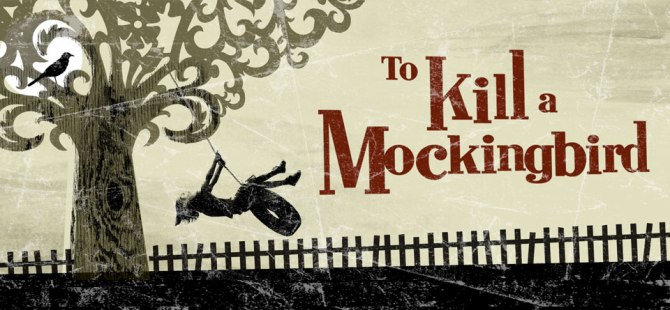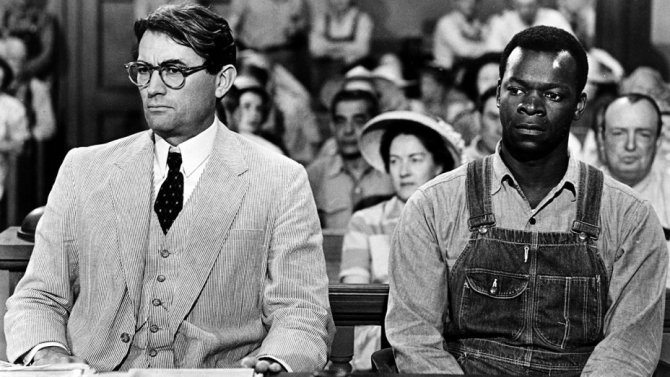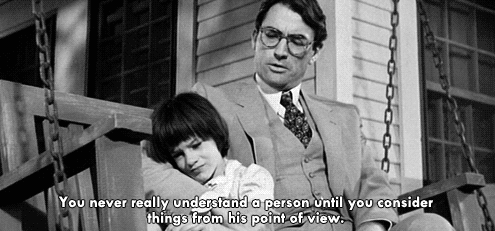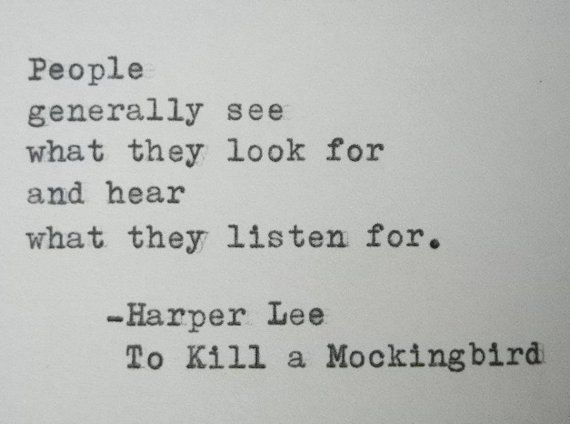
I remember the time when I was still struggling to learn English, and how hard I tried to learn quickly. Back then the people around me didn’t dare to ask me what I wanted to do because they always got the same answer. “Read with me, please.”
Everybody around me had to read with me and they all gave in, even the ones who didn’t like to read a book -I was merciless. I tortured them endlessly with simply written books, often romance novels. Too many complicated words are too frustrating when you learn a new language, one or two in a paragraph are manageable. I highlighted the words, looked them up in the dictionary, wrote them down in my notebook and repeated them all every day until I knew them by heart.
Being able to read a book in English all by myself, that was my ultimate goal and dream and I worked hard for it. Hard to believe isn’t it. Today I write in English and I even dream in a language that I was not born and raised with.
One day a neighbor bought some American classics for me at a flea market, and he handed them to me as a gift. One of them was Haper Lee’s “To Kill a Mockingbird.”
It was not an easy read, and it took me months to finally finish the book. Many, many words were highlighted at the end, and the book left me with so many questions -but also gave me some answers.
I loved the book, have read it numerous times ever since, and I love the movie just as much. I even have it as an audiobook, and I enjoy listing to Sissy Spacek, who did a marvelous job reading it.

Today I found out that schools in Virginia have pulled copies of Harper Lee’s Pulitzer Prize-winning novel “To Kill a Mockingbird” and Mark Twain’s classic “Adventures of Huckleberry Finn” after a parent’s complaint.
“There are so many racial slurs in there and offensive wording that you can’t get past that, and right now we are a nation divided as it is.”
The racial slur in question appears more than 200 times in “Huckleberry Finn,” Mark Twain’s 1884 satire about racism in pre-Civil War America and are used almost 50 times in Harper Lee’s “To Kill a Mockingbird,” a 1960 novel about anti-black bigotry in the midcentury American South that has been a staple of school syllabi for 50 years. (Source: Los Angeles Times)
I do wonder what is next. Will they forbid Holocaust books, because of racial slurs against Jews?
Book banning, that rings a bell, doesn’t it? What is next? Burning books? Censorship?
For Heaven’s sake, parents try to protect their children of racial slurs and “bad” language. Have they read the comment section at a website like yahoo lately, where they seem to have simpleton meetings every day?
I am very sorry dear parents there in Virginia, but racism is real, has been real and it should NEVER be forgotten. Will it end one day? I don’t know, but it won’t end because we don’t talk or read about it. Pretending, that something didn’t happen, won’t solve the problem.
A Pulitzer Prize winner is banned. If I would be a believer I would be tempted to say, “Lord help us in this insanity.”
The book is not solely about racism, this would be a terrible oversimplification of the novel. It’s an outstanding exploration of morality. Harper Lee uses a very powerful instrument in her book, she uses children. She also introduces the reader to an extraordinary person like Atticus Finch, who is teaching morality in a world that is full of immorality and illogicalness.
Racism exists. Social Inequality exists. A pseudo-caste system exists. Evil exists.
But also the good exists. Not just in a novel, but also in real life. In the book, Atticus Finch tells Scout and Jem to put themselves in other people’s skin before they act. It’s a powerful message that’s needed today as much as it was needed back then -maybe even more.

There is good and there is evil and sometimes all it takes is to get to know people and you will see the good. Some people we will never be able to reach. Somehow we all coexist.
Please, don’t kill my Mockingbird, let children learn from the mistakes of the past -let’s not hide them.



I have a friend who is a librarian, and she published the list of banned books for this year. There are so many more classics…”The Color Purple” among them…America (sadly) has become a nation of idiots..too stupid to grasp the meaning behind the words. The N word, the other phrases from a time that has thankfully passed. To use one’s imagination or to remember that the story is the point, not the language; has become a thing outlawed in these days. I’m horrified. Do we never learn from history? Oh. No we don’t. Because we’re not allowed to READ about it..
LikeLiked by 1 person
I agree, this nation is dumbing down in rapid speed. The last election is proof for that it will get worse.
LikeLike
I feel this book banning although I am somewhat divided on my feelings of it, is simply a covert attempt of pacification in order to maintain some sense of civility with hopes side stepping any true attempts of social equality
LikeLiked by 1 person
I agree with every word.
LikeLike
Oh Bridget – you’re doing it again. Your posts always force me to think.
Books like these are important for young people to read. It opens their eyes to the world and some of its uglier bits. It helps to give those ugly bits some context. It does NOT contribute to racism and divisiveness – quite the opposite.
I grew up in a very white, very isolated community. I couldn’t have been further away from racial issues. Books like these helped me understand the evilness and probably made me a better person because of it.
It makes me very angry when A complaint causes administrators to panic and over-react because they might offend a SMALL MINORITY of misinformed people.
Just for the record, I read a lot of books my mother forbid me to read. Banning something makes it so much more attractive. Hopefully these kids will be more inclined to want to read them because of a ban. Hasn’t anyone figured that part out yet?
LikeLiked by 1 person
One parent complaints and we willing throw a Pulitzer Price winner out of the reading classes. Can we be any more ignorant? It bothered me when I read it.
Just like you, I too was drawn to forbidden books when I was young.
I read book about the Holocaust when I was 10 or 11 years old. The so called “slurs” made me feel the injustice more. I could hear them scream, I could see the victims shaking. It made me feel and it helped me to understand how terrible this time really has been.
LikeLiked by 1 person
It sounds like you too are also very empathetic. It’s not just reading the book … it’s FEELING the book and all the emotions that it contains. It’s not easy being empathetic … it’s exhausting and painful.
LikeLike
Great post! My daughter and I decided in her late teens to “fight back” and we go shopping during banned book week and buy at least one classic on the ridiculous list of great stories that were banned for some judgmental reason or another. These book often have won awards for great writing and teaching tolerance and acceptance but because they may have a word or two that is offensive… I could gripe about this topic all day, but instead I think I will go read a book. 🙂
LikeLiked by 1 person
May I quote you on this? I bet many more rebels like you and me would get the kick out of your comment and the idea to buy of the banned book list. I love it. You are a genius.
LikeLiked by 1 person
Sure… the more rebels the better!
LikeLike
Lovely post and a demonstration of the positive power of books in your life. It’s hard to imagine that any school would ban To Kill a Mockingbird. I think that if a parent is concerned about what their kids are reading they should read along and use the opportunity to discuss and teach. Just me.
LikeLike
I’ve taught this book several times. It’s a favorite of mine. Anyone who wants to ban this book wants to perpetuate racism not end it. This book is perfect for helping to showing racism at its ugliest and use it to discuss the various characters and their perspectives. What a shame.
LikeLike
To Kill a Mockingbird banned? I think every child needs to read it! With Huck Fin it’s a little more subtle – his mouth says one thing while his heart says something else. Not everyone gets satire.
LikeLiked by 1 person
It pains me to see Harper Lee’s book banned. What a stupid thing to do.
LikeLiked by 1 person
Agreed 100%
LikeLike
So well said, Bridget. Your reading has definitely paid off.
LikeLiked by 1 person
It pains me to read that To Kill A Mockingbird is being banned in places- if we are not to repeat history, we must know what was and how far we have come and moved forward. One of my favorite books and movies.
LikeLiked by 1 person
Exactly, it’s like hiding history. If we don’t want times like this to come back, have young people read it.
LikeLiked by 1 person
It’s a travesty. They’re both amazing books.
LikeLiked by 1 person
I agree about the power of the book, and the wonderful lessons taught by Atticus Finch. I re-read the book last month. I wondered how it had missed the censor’s ax because of the use of the “n” word. The book could never make the impact that it does if it had not been written in the words of that setting, time and place. I remember having the same feeling regarding the banning of “Uncle Tom’s Cabin,” another book that did so much to present the truth of the horror and pain of slavery
LikeLiked by 1 person
The book made a big impact on me. I didn’t know much about racism here in the U.S. or about the South. Books, like Harper Lee’s “To Kill a Mockinbird” helped me understand.
LikeLike
This is a beautiful post. It is crazy to pull books from schools. The fact is history of most of the world us extremely awful and may be if young ones know more about then they may be more likely to caring and compassionate and open adults ? May be?
I love your story of learning how to read English and you did it well done
LikeLike
You are spot on. I read and learned about the Concentration camps and the tortures of the Jews during WWII when I was a child. That didn’t make me a hater, it is rather the opposite. It showed me how wrong the world and world leaders can be.
LikeLiked by 1 person
I am currently reading this book for my book club. I can’t believe at the age of 57, that I am reading this for the first time. To have to banned from a library is absurd. I would have a tendency to believe these same people don’t believe in evolution.
LikeLiked by 1 person
Like our new Vice President who doesn’t believe in evolution. I hope you will enjoy the book as much as I do and if you ever fine the time, watch the movie as well.
LikeLiked by 1 person
I’m planning too!
LikeLike
Huckleberry Finn was banned in schools in the 1980’s for the same (stupid) reason, and it was put back in schools as soon as the people squawking about it calmed down. When I was a teenager (the 1980’s) they even banned Little Red Riding Hood from public schools because — I kid you not — Red brings wine to her grandmother to make her good and strong. Not because she gets eaten by a wolf. Not because the woodcutter cuts up the wolf in the end and skins it. Nope, because she brings wine to her grandmother, and we just can’t have that, can we? Not that I think there’s *any* reason to ban books, but sometimes the reasons are asinine. IMHO.
So, yeah, this has been going on for a *long* time and not much has come of it. People have strong opinions on both sides. I let my kids read pretty much anything they wanted to — within reason. But I was going to be damned if I was going to let the school board dictate what they could and couldn’t read. And even when I was a kid, I read whatever I wanted. I think the PTA would have fainted if they knew what was in my book bag. Ha!
LikeLiked by 1 person
Also, you have to remember that these things differ from state to state, city to city and even school district to school district. What’s perfectly acceptable in one state, city, school is absolutely NOT in another. I remember moving to another part of town in Virginia Beach, VA just to get my kids out of stupid school district with their stupid rules.
LikeLiked by 1 person
The first week here in the U.S. I almost got arrested because I took my top of on the beach. My accent and my none existing English “outed” me as European and I was saved by the mercy of the patrol man -and it happened in California -that’s where I started.
LikeLike
I wish you would be kidding about the “Red Riding Hood” but I know you aren’t.
I am with you on that. I don’t like the idea that a certain group dictated what we can or should not read.
In the end it’s our upbringing that dictated how we deal with everything we read. Our moral believes and our surroundings have a lot to do with it.
I miss seeing you. I need to check my reader.
LikeLike
Facebook is also a forum for simpleton meetings. These books reflect the times and places they were written. Great post.
LikeLike